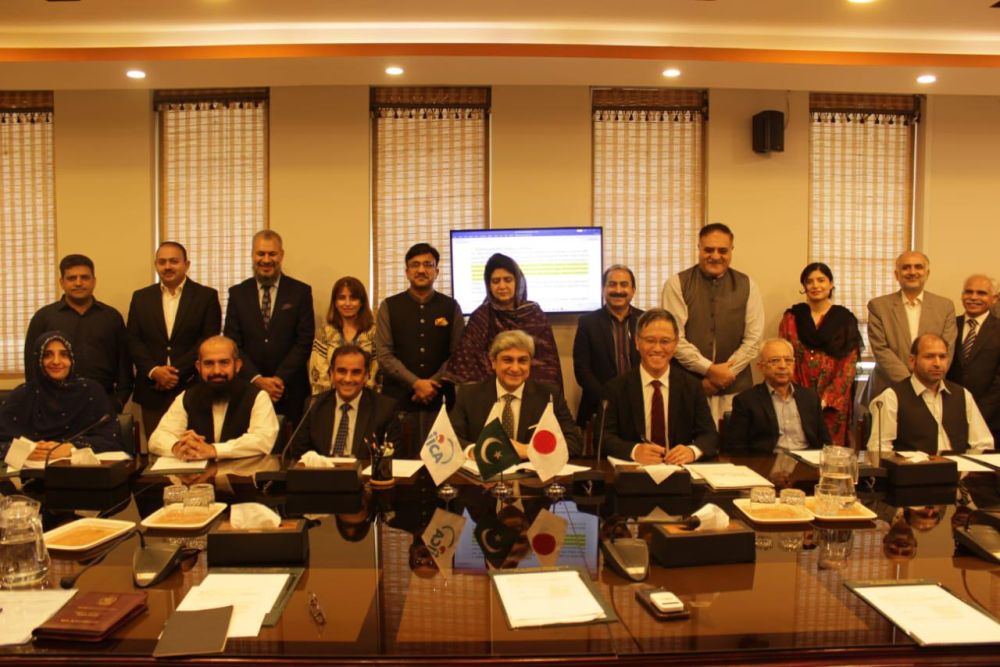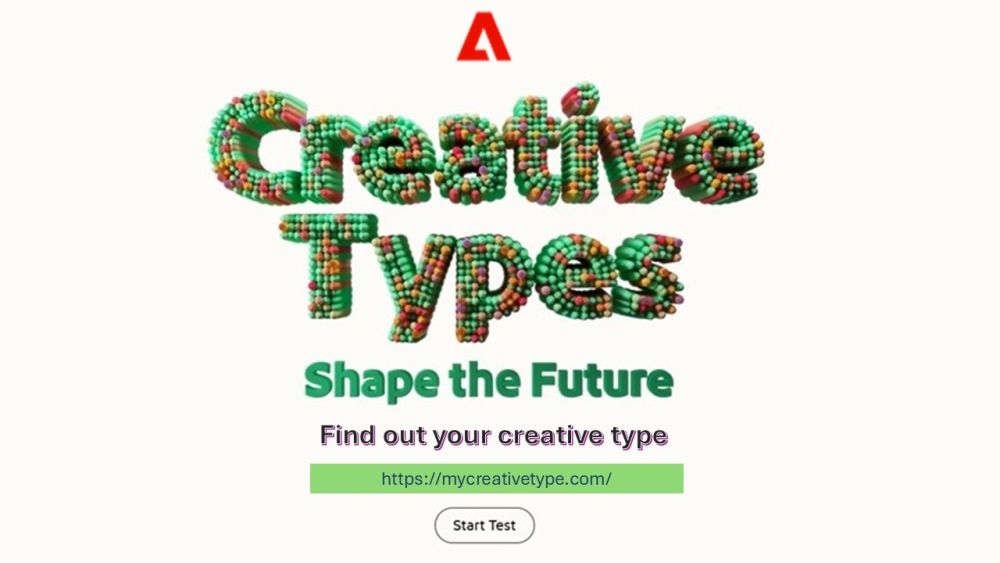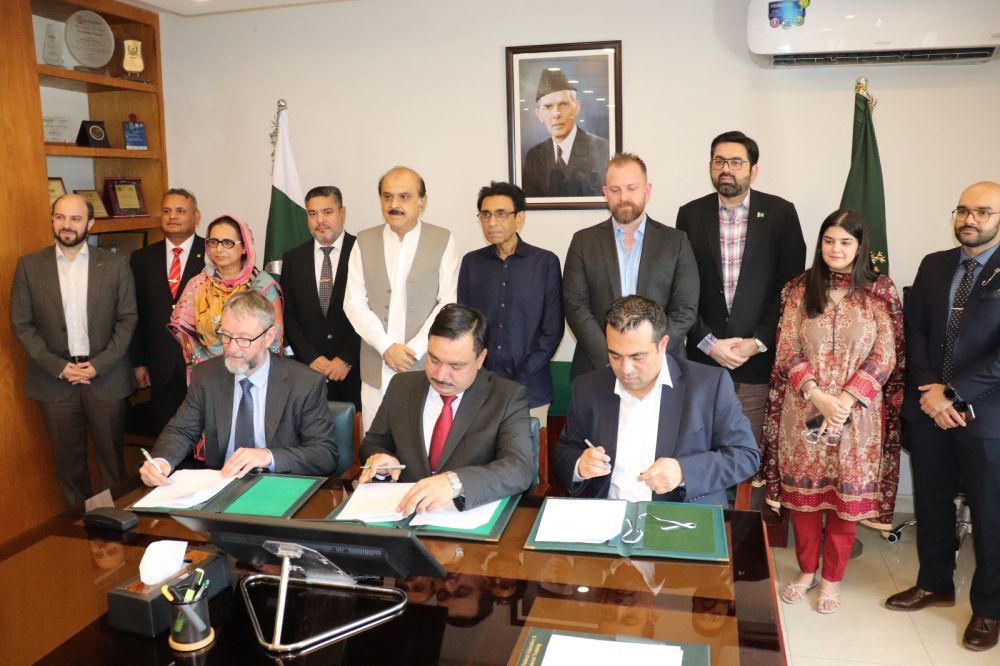169/25 Pakistan and Japan Unite to Bring Millions of Out-of-School Children Back to Learning
Posted 6 months ago
The Government of Pakistan and the Japan International Cooperation Agency (JICA) have officially launched the third phase of the Advancing Quality Alternative Learning (AQAL3) program, an initiative to open classroom doors to millions of out-of-school children nationwide.
At a recent ceremony held at the Ministry of Federal Education and Professional Training (MoFEPT) in Islamabad, officials from both nations signed the Record of Discussions (RD), reaffirming a shared commitment to educational inclusion and innovation. This partnership signals a renewed sense of urgency and optimism, with education disparities persisting across rural and underprivileged regions.
Top federal and provincial education body representatives, including Mr. Nadeem Mahbub, Secretary MoFEPT, and leaders from Balochistan, Sindh, Khyber Pakhtunkhwa, and the Economic Affairs Division, signed the RD. Their presence shows cross-provincial alignment on one of the country's most pressing issues: the millions of children outside the formal education system.
"This is not just a policy moment, it's a movement," said Mr. Naoaki Miata, Chief Representative of JICA Pakistan, during his remarks. "Investing in non-formal education is investing in the future of every child who deserves a second chance at learning."
What AQAL3 Brings for Pakistan?
Building on the success of its earlier phases, AQAL3 will transform the way Pakistan delivers non-formal education:
- Scaling Up Accelerated Learning Programs (ALP): Expanding ALP at the primary and middle-tech levels, as well as literacy and skills development programs, is central to AQAL3's vision.
- Introducing Matric-Tech Stream: A pioneering pathway, ALP Matric-Tech will offer alternative secondary education integrated with skill training, bridging the gap between school and employability.
- Digital Integration: The initiative focuses heavily on technology and aims to digitize learning models, extending quality education to even the remotest learners.
- Policy Reform: Provinces will work on revising and implementing updated policies and strategic frameworks to strengthen non-formal education systems nationwide.
During the session, Mr. Yano Taiga, one of the architects behind AQAL3, offered a comprehensive briefing, outlining the program's innovative features and potential to serve as a scalable model for other nations facing similar educational challenges.
Federal Secretary Nadeem Mahbub lauded JICA's enduring support. He said, "Japan has stood by us not just as a donor, but as a true partner. Together, we are reshaping the educational landscape of Pakistan for the better."
AQL3 - A Blessing in Disguise
With over 22 million Pakistani children estimated to be out of school, AQAL3 arrives as a timely response grounded in compassion and pragmatism. The program reflects a broader global shift toward flexible, inclusive education models prioritizing skills, adaptability, and lifelong learning.
Beyond classrooms and textbooks, AQAL3 is a blueprint for dignity. It gives children who've been left behind a second chance and equips them with the tools they need to thrive in the modern world.
As Pakistan and Japan deepen their cooperation, one message rings clear: Every child matters and deserves to learn.
"Education is the most powerful equalizer," Mr. Miata reminded the audience. "Together, through AQAL3, we are making sure no one is left behind." in Pakistan and across the globe.





